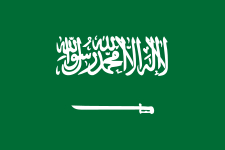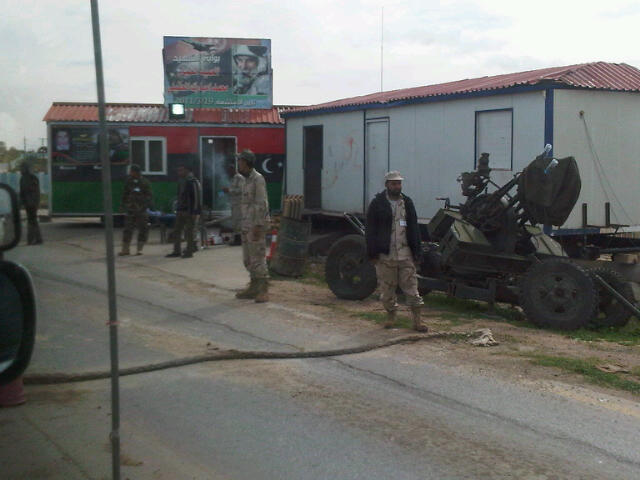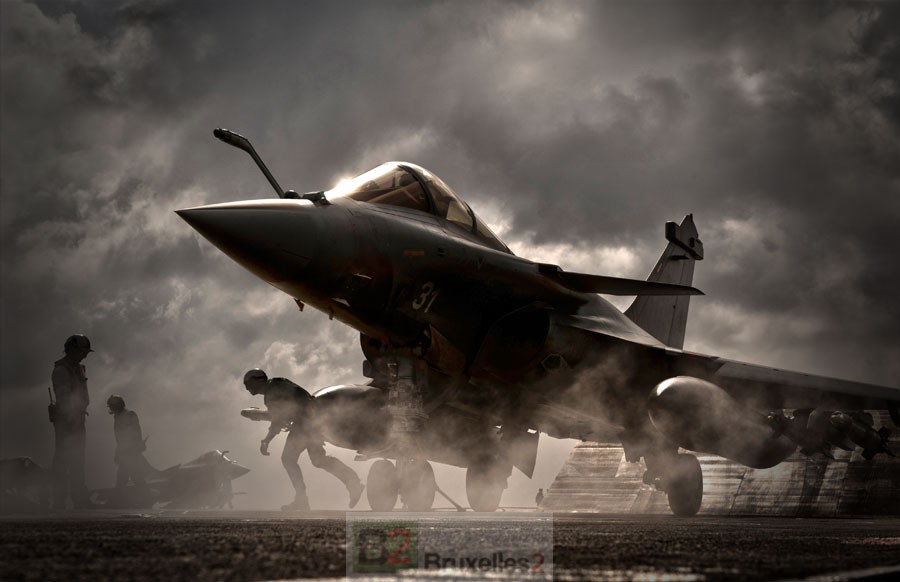Khashoggi case. Are Europeans required to stop exporting arms to Saudi Arabia?
(B2) The Europeans are trying to impose a suspension of arms exports to Saudi Arabia after the assassination of journalist Jamal Khashoggi, and above all the absence of any intelligible clarification from Riyadh.
Germany, through the voice of Angela Merkel, the Chancellor, has taken a position in this direction. Wallonia is reluctant to take the plunge. Other countries are quieter. The European position in this very sensitive area is indeed a very delicate handling: neither totally disinterested, nor totally imperative.
Is there a European rule codifying the export of arms?
Yes. It results from a common position adopted nearly ten years ago, on December 8, 2008 (under French presidency). It enshrines in law what was previously covered by a code of conduct dating from June 8, 1998 (1).
What does this decision say?
It establishes eight main criteria against which a decision to export arms must be assessed. These criteria must be taken into account in any granting of an arms export license by a Member State.
Is it binding on Member States?
Yes and no. It is binding in the sense that it is a legal decision. But it is up to the Member States to assess whether the criteria are met or not. In full sovereignty. No need for public motivation exists. No control or sanction mechanism exists. Neither the European Commission, nor the High Representative or the European Court of Justice have thus received a mandate to verify whether a State has failed to respect these criteria. Nor is there a common assessment, in a systematic way, to determine whether in each conflict situation, a suspension of arms exports is necessary.
Do other instruments exist?
Yes. This is a notable exception to the common position's lack of obligation. It is taken in another capacity when the Member States decide together to put in place restrictive measures for a country. This instrument of sanctions is commonly used. The European Union has thus established, autonomously (without a United Nations resolution), an embargo on arms against Russia (in the conflict in Ukraine) or against Syria. Other embargoes exist following United Nations resolutions: Somalia, Central African Republic, etc.
In the Khashoggi case, would the common position impose the suspension of arms sales?
No a priori. Among the criteria, the most applicable is the second criterion on the “ respect for human rights in the country of final destination ". Exports must be suspended “ if there is a clear risk that the military technology or equipment to be exported will be used for internal repression "or serve" to commit serious violations of international humanitarian law ". NB: It can be estimated (by having a rather strict broad appreciation) that the equipment sold (for example guided laser bombs, artillery pieces, planes or tanks) does not " not serve to commit attacks, at least were not used to commit the murder of the journalist in Istanbul. Supposing that certain means (communications, planes...) were not used...
Is caution warranted?
Yes a priori. The same criterion of the common position enjoins States to show " particular caution with regard to the issue of authorizations to countries where serious human rights violations have been observed by the competent bodies of the United Nations, by the European Union or by the Council of the Europe ". NB: even if it is debatable whether a formal 'report' has been made by one of the three bodies mentioned, caution may be required. Does a statement by the High Representative or the European Parliament, for example, represent an observation by the European Union?
Do other reasons justify the suspension of arms sales?
It is undoubtedly the situation in Yemen, where the coalition led by Saudi Arabia is carrying out a military intervention, which could be a serious reason for suspending arms sales. The same second criterion recommends the suspension of weapons when these equipment " are used to commit serious violations of international humanitarian law ". NB: The commission of acts contrary to humanitarian law is obvious. It would still be necessary to demonstrate a causal link between the equipment used and these acts.
Another criterion that can be used, the fourth criterion aiming at the " preservation of regional peace, security and stability ". This criterion aims to prevent equipment from being used “ aggressively against another country or to enforce a territorial claim by force ". NB: here again everything is a question of appreciation. Is Saudi Arabia waging a war of conquest in Yemen and is there significant damage to regional stability (knowing that Yemen, even without Saudi intervention, is not a country of pure stability)?.
(Nicolas Gros-Verheyde)
Read our detailed sheet: Arms export rules (decision of 2008)
- common position 2008/944/CFSP of 8 December 2008 defining common rules governing the control of exports of military technology and equipment - European Union code of conduct on arms exports adopted by the Council on 8 June 1998.



